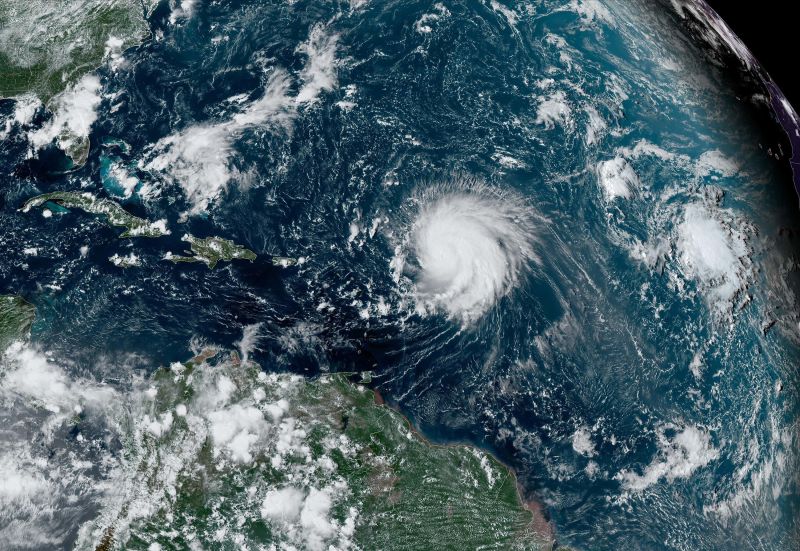In an era of accelerated climate change, global ocean heat has quietly been achieving new milestones unseen in human history. The fact is, every single day for the past year now, there accumulates some extra heat in our oceans, breaking records and sparking both astonishment and deep concern among the scientific community. The phenomenon has far-reaching implications that could drastically alter life on earth as we know it.
One of the most immediate and tangible impacts of this constantly escalating level of oceanic heat is the effect on marine life. The most familiar victims are undoubtedly coral reefs worldwide, many of which have suffered from large-scale bleaching events due to elevated water temperatures. However, the heat affects much more than just corals. Many species of fish and other sea creatures are being pushed towards the poles, while some others are suffering population declines or even mass mortalities. This, in turn, can debilitate entire marine ecosystems, rippling up the ecological chain and threatening global biodiversity.
Ocean heat-related threats also extend beyond wildlife. As more heat gets absorbed into the oceans, sea levels rise, primarily due to thermal expansion. This continued rise can gravely affect coastal regions, resulting in more frequent and severe flooding events, loss of coastal habitats, increased risks of storm surges, and intrusion of saltwater into freshwater resources. Accelerated erosion, damage to infrastructure, displacement of human populations, and potential societal upheaval are significant repercussions that cannot be underestimated.
What’s more, the ocean is a critical component of the planet’s weather system, dictating patterns and extreme events globally. A warmer ocean surface would inevitably fuel the strength of hurricanes and typhoons, leading to more extreme weather events. Additionally, the alteration in oceanic temperatures can disrupt the balance of thermohaline circulation, a global conveyor belt of water which drives major ocean currents. This disruption could trigger substantive climatic shifts, creating unseasonable weather patterns across the planet.
Moreover, the perpetual rise of oceanic heat also affects the global carbon cycle. Oceans absorb approximately a quarter of the world’s carbon dioxide emissions annually. However, warmer oceans cannot absorb as much CO2, thereby increasing the concentration of greenhouse gases in the atmosphere and, in turn, bolstering the precarious cycle of global warming.
Discovering new ways to combat the international challenge of global oceanic warming necessitates robust international cooperation and radical policy interventions. The first step is acknowledging that renewable energy is no longer optional – it’s a necessity. We must work towards reducing our global carbon imprint significantly to prevent our oceans from overheating further. Technological advancements in energy efficiency and storage, coupled with stricter environmental regulations, can provide feasible solutions.
Reforestation and halting deforestation are also integral to reducing atmospheric CO2 levels. Forests are adept at storing carbon, acting as natural sinks, that can considerably mitigate climate change effects. Likewise, protecting our oceans and responsible utilization of marine resources can help the oceans recover and regain their effectiveness as one of the largest carbon sinks on the planet.
Research into geoengineering techniques such as ocean alkalisation and enhanced weathering also offer a glimmer of hope. They aim to naturally increase the ocean’s capacity to absorb CO2, leveraging the power of science to aid in rectifying the situation created by centuries of industrialization.
Societal awareness and education about the detrimental impacts of global oceanic heating can also play a crucial role in changing consumption patterns, reducing waste, and making more sustainable choices.
In conclusion, the relentless escalation of global ocean heat is not just a record-breaking curiosity – it is an urgent call to action, a grim reminder that the hubris of human civilization is pushing the planet’s life-support systems to their limits. It’s high time to take the grim realities of climate change seriously and aim at employing both preventive and restorative actions towards creating a sustainable, healthier environment for generations to come.




